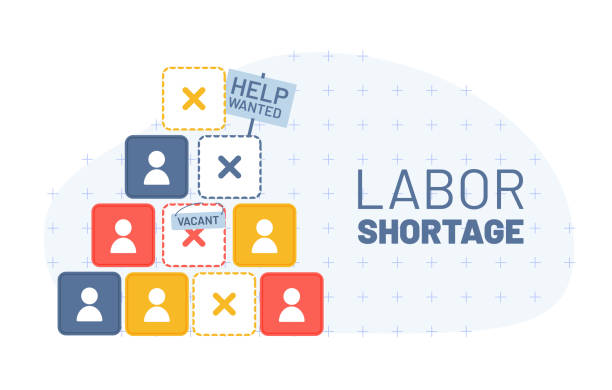Related Articles
A proposed bipartisan bill in Olympia could bring relief to both health care workers and patients in Washington state. House Bill 1114 would make Washington part of a Respiratory Care Interstate Compact, allowing respiratory therapists licensed in other states to work here without having to jump through time-consuming and costly licensing hoops.
Respiratory therapists play a critical role in health care, from treating patients with chronic illnesses like asthma and COPD to providing life-saving care during emergencies. The COVID-19 pandemic underscored how vital this care is. It also underscored how state-specific licensing makes it unnecessarily difficult to meet the needs of patients.
There is a recognized shortage of respiratory therapists (RTs) in Washington state, mirroring a national trend. Efforts are underway in the state to address this shortage. For instance, Columbia Basin College has established an Associate in Applied Science in Respiratory Therapy program to increase the number of qualified RTs in the region. In addition to increasing the pipeline of homegrown respiratory therapists, HB 1114 is a smart way to improve patient access to care and strengthen Washington’s health care workforce.
Our regulatory environment does not help with a shortage of a variety of health care providers in Washington state. Licensing rules are often rigid, requiring skilled professionals to navigate state-specific regulations before they can practice. These delays impact patients directly, particularly those in rural areas who already face barriers to accessing care.
While HB 1114 is a step in the right direction, helping with a provider shortage, respecting workers and solving an unnecessary problem for the state’s military families, why stop at respiratory therapists? Washington should pursue universal licensing reform, allowing professionals to use their out-of-state credentials here, provided they meet reasonable safety standards.
Lawmakers are also considering House Bill 1023 to adopt a cosmetology licensure compact, and recently, lawmakers approved joining licensure compacts for nurses, physician assistants and social workers. We’re piecemealing this issue when we could be lowering barriers for workers across the board, helping patients and consumers.
Today, 26 states, including Idaho, Montana, Utah and Arizona, have passed some form of universal licensing recognition. Idaho and Utah have been recognized for having some of the most effective universal recognition laws. Experience has become increasingly popular as an extension of license recognition and is encouraged.
Research suggests workers take advantage of these licensure opportunities, with an increase in migration to reform states. Reform states benefit from an expanded workforce and greater economic productivity.
Evidence indicates that accepting professionals from other states does not lead to an increase in disciplinary actions. The ability to protect the public’s health and safety is enhanced with information sharing among states. Quality can also be enhanced, as providers face more competition from their peers.
Legislators should seize an opportunity to cut red tape, welcome qualified workers, help military spouses and make Washington a better place to live, work and receive care.
Both HB 1114 and HB 1023 have a public hearing at 1:30 in the Postsecondary and Workforce Committee Wednesday, Jan. 15. If interested in testifying on the bills, sign up here.





